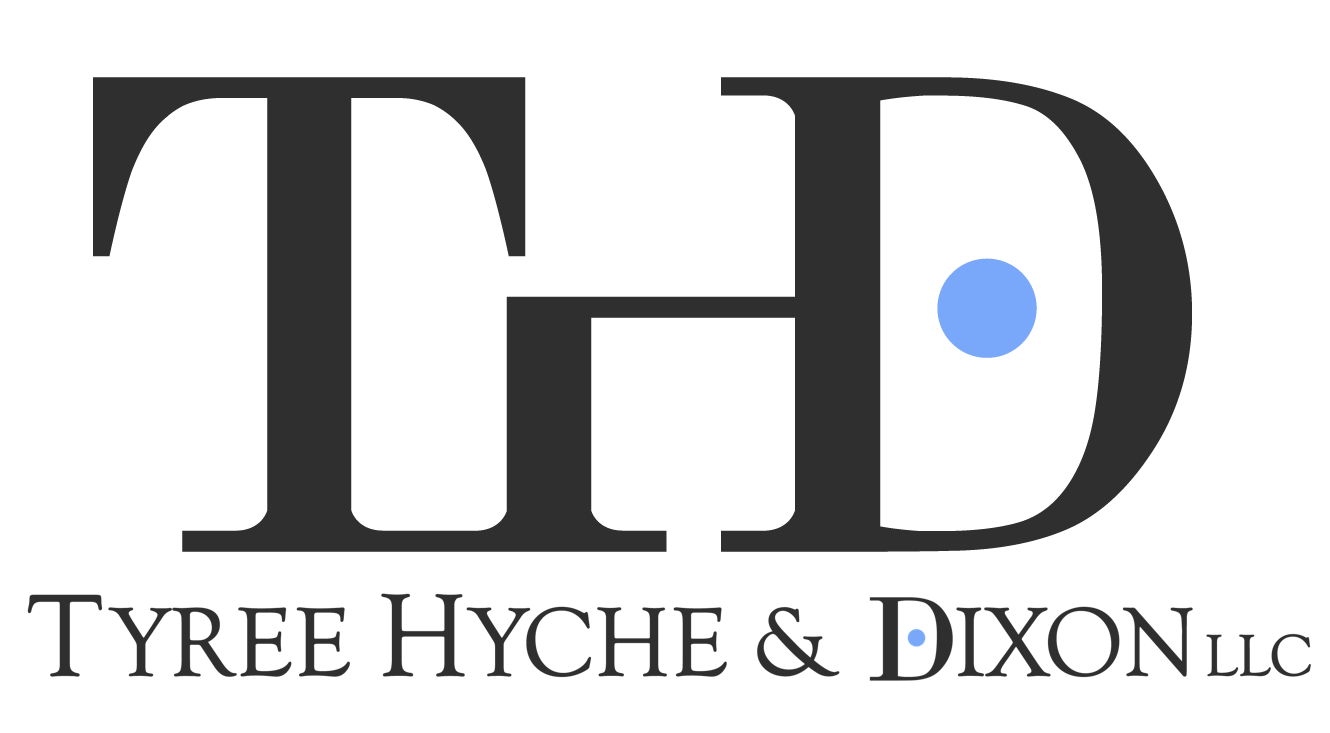"My Name is My Name": 3 Tips for Choosing a Strong Brand Name
A lot of time, energy, and money goes into building a brand. Far too often, I find that very little time is spent on one of the most important components of a brand…its NAME! Here are 3 things to consider when thinking of a name for the next brand/business that you create:
1. Stay away from descriptive marks.
A descriptive mark is a name that merely describes the goods you sell or the services that you provide. This type of mark is considered inherently weak and is not likely to receive federal trademark protection/registration. An example of a descriptive mark would be "Fast and Clean" for a car wash service brand. Additionally, marks with a surname as the primary element (i.e. Smith Family Dry Cleaning) are considered descriptive as well. Descriptive marks will not receive federal trademark protection until they achieve secondary meaning.
What is secondary meaning? A mark has achieved secondary meaning when, despite its descriptive nature, consumers recognize it as the source of certain goods or services. Secondary meaning is shown through long term use and/or a significant amount of advertising and publicity. McDonalds, Hilton, Sharp (TV), and IBM are all examples of descriptive marks that developed secondary meaning and have federal trademark protection. Despite the hope and faith that your brand mark can and will develop secondary meaning, STAY AWAY FROM DESCRIPTIVE MARKS!
2. Don't choose a name that is confusingly similar to another brand’s trademark.
Trademarks that are likely to cause confusion for consumers because their name is closely similar to another brand in the same or similar industry are not likely to be granted trademark protection. Why? It's simple. Trademark protection is based on distinctiveness (i.e. being easily distinguishable) and the goal of trademark law is to make sure that consumers know who is behind a brand.
3. A certain amount of creativity goes a LONG way!
The strongest marks (i.e. the marks that are more likely to receive federal protection) are those that are fanciful, arbitrary or suggestive. What is that??? Don't worry, I got you.
Fanciful marks typically consist of a "made up" word for your brand mark. Examples of fanciful marks include Google, Yahoo, Exxon and Kodak. This is the strongest type of trademark. However, the downside is that fanciful marks are the hardest to market because no one has heard of the name before.
An arbitrary trademark is a word that has no relation to the owner's goods or services. Common words that already exist can become strong trademarks when applied to a product or service that is completely unrelated to the word. Additionally, as opposed to fanciful marks, it is easier to market those trademarks because consumers are familiar with the word. Apple is the best example of an arbitrary trademark. Apple is arbitrary because it does not describe a characteristic or quality of the company's products or services -- computers, phones, software, etc.
A suggestive trademark suggests a characteristic or quality of a business or product, but doesn’t describe it without some degree of imagination. These trademarks rely on the consumers’ imagination to connect the meaning of the word with the business or product. Jaguar is a great example of a suggestive mark. By naming a car company after a fast, elegant animal, the company is suggesting that its products resemble the best qualities of a jaguar.
So, when coming up with the brand name for your next product or service, take your time and BE CREATIVE! 💡💜
The materials contained in this post are general, were prepared for informational purposes only and should not be considered legal advice. Transmission of this information is not intended to create and does not create an attorney-client relationship. The services of a competent professional should be sought if legal or other specific expert assistance is required.


